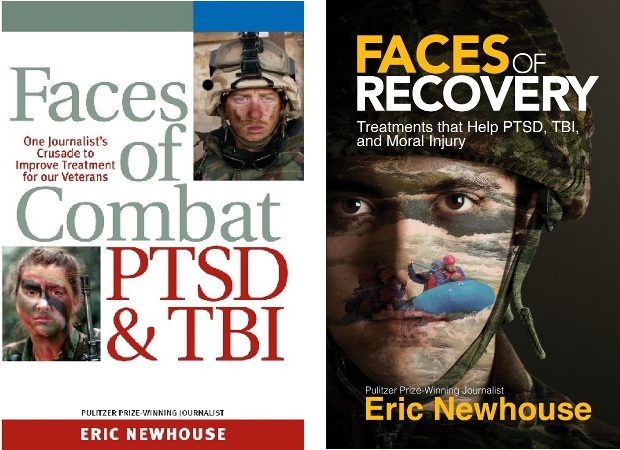As September comes to a close and the holidays begin, many families around the world will be preparing for three months of Halloween, Thanksgiving, and Christmas celebrations. For many military veterans however, this time can be a stressful one as they do their best to cope with life after service and the expectations such holidays place upon them in their new familial roles. For veterans with post-traumatic stress disorder (PTSD), this can prove even more challenging.
That’s because the toll of PTSD doesn’t stop at the veteran; it ripples through their families. In this article, we’ll delve into the often-overlooked impact of PTSD on military families. We’ll explore how the trauma endured during service affects not only the veteran but also their loved ones. Understanding this ripple effect is crucial for supporting both veterans and their families on their journey to recovery.
The Veteran’s Burden:
Before delving into the impact on families, it’s essential to understand the weight of PTSD on veterans themselves. These individuals often carry invisible scars from their service, leading to nightmares, flashbacks, anger, and isolation. Coping with these symptoms is a daily struggle, one that can strain both familial relationships and other aspects of a veteran’s day-to-day life.

The Family’s Role:
Military families play a vital role in supporting veterans with PTSD. Spouses, children, parents, and siblings become unofficial caregivers, even if they don’t have formal training. They provide emotional support, offer a listening ear, and, at times, must navigate challenging situations when the veteran is in crisis.
The Strain on Relationships:
One of the most immediate impacts of PTSD on families is the strain it places on relationships. Spouses may grapple with understanding their partner’s unpredictable behavior and mood swings. Children might be frightened or confused when a parent experiences a flashback. This strain can lead to feelings of helplessness, frustration, and even resentment, further complicating the path to recovery.
Parenting Challenges:
Military families with children face unique parenting challenges when a parent has PTSD. The need to provide emotional support to both the veteran and the children can be overwhelming. Moreover, veterans with PTSD may struggle with parenting, feeling disconnected or unable to fully engage due to their symptoms.

Financial Stress:
Veterans with PTSD may find it challenging to maintain steady employment, which can lead to financial instability. This instability, coupled with the medical costs associated with treatment, can create immense stress within the family. The burden of managing finances can fall on the spouse, adding to their already considerable responsibilities.
Breaking the Silence:
One of the most significant barriers to healing for military families dealing with PTSD is the stigma surrounding mental health issues. Many veterans and their families suffer in silence, fearing judgment or repercussions. Breaking this silence is crucial. Encouraging open communication within the family and seeking professional help when needed can be transformative.
Support Systems:
There is an increasing recognition of the need for support systems specifically tailored to military families dealing with PTSD. These include family counseling services, support groups, and online resources. Organizations like the National Military Family Association and Give an Hour provide valuable assistance to both veterans and their families.

Resilience and Recovery:
Despite the challenges, military families can emerge from the shadow of PTSD stronger and more resilient. The journey to recovery involves both the veteran and their loved ones working together, seeking therapy, and finding healthy coping mechanisms. This process can strengthen family bonds and create a deeper understanding of the experiences faced during military service.
So as the holidays begin, remember:
PTSD’s ripple effect on military families is a poignant reminder of the sacrifices made by those who serve. Understanding and addressing this impact is crucial for holistic recovery. By providing support, breaking the stigma surrounding mental health, and fostering open communication, we can help military families not only survive but thrive in the face of PTSD’s challenges. It’s a reminder that healing is not just an individual journey but a collective one, undertaken by families who stand strong together.
Are you a veteran in need of assistance? Click this link for a list of resources made specifically for you. If you’re having suicidal thoughts, please call either The National Veterans’ Foundation at 1-888-777-4443 or the VA Suicide Prevention Hotline at 1-800-273-TALK (800-273-8255).
Both hotlines are free and confidential. If you’re not a veteran but would still like to help out, you can get involved through our donation page here.







